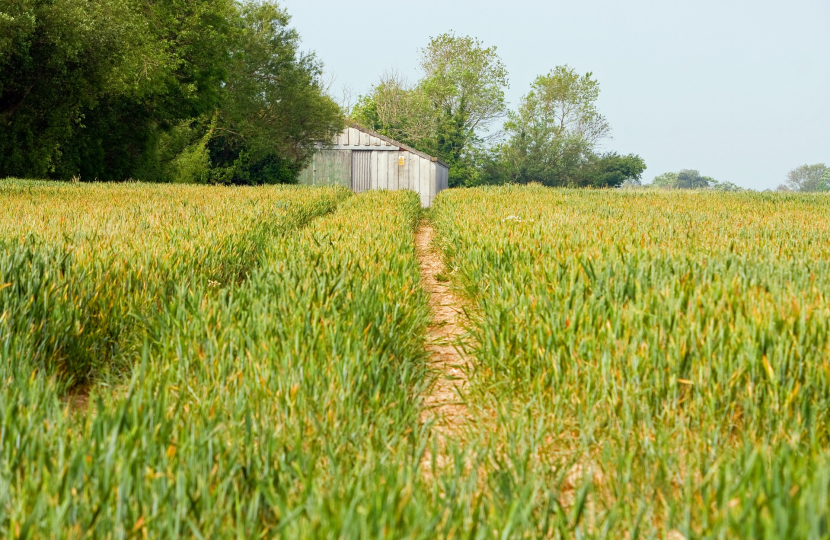
I would like to reassure you that my ministerial colleagues and I share the public’s high regard for the UK’s environmental protections. I am assured that pesticides are strictly regulated and their use is only authorised if a scientific risk assessment shows that there will be no harmful effects on human health and no unacceptable effects on the environment.
The draft NAP aims to increase uptake of Integrated Pest Management (IPM) and sustainable crop protection. I understand that work continues on an updated NAP and Ministers expect this to be published in the first half of 2023.
Under IPM, farming systems are designed to minimise the need for pesticides and to use alternative approaches wherever possible. It emphasises crop health with the least possible disruption to agro-ecosystems and encourages natural pest control mechanisms. This plays a critical role in supporting and enhancing biodiversity, while improving soil health and water quality.
IPM is a key tool for businesses facing the challenges of pesticide resistance, removal of pesticides from the market, and changing pest pressures due to climate change. All professional users of pesticides are encouraged to follow the principles of IPM. This is supported through formal training requirements, guidance, conditions of pesticide use and industry assurance schemes. Ministers recently commissioned a package of research projects that will bring together scientific evidence underpinning IPM and to look at ways of further encouraging its uptake. This work will support farmers’ access to the most effective IPM tools available.
I am aware that the Department for Environment, Food and Rural Affairs (Defra) has published research on the development of a Pesticide Load Indicator, which combines data on pesticide use with information on environmental toxicity and fate.

